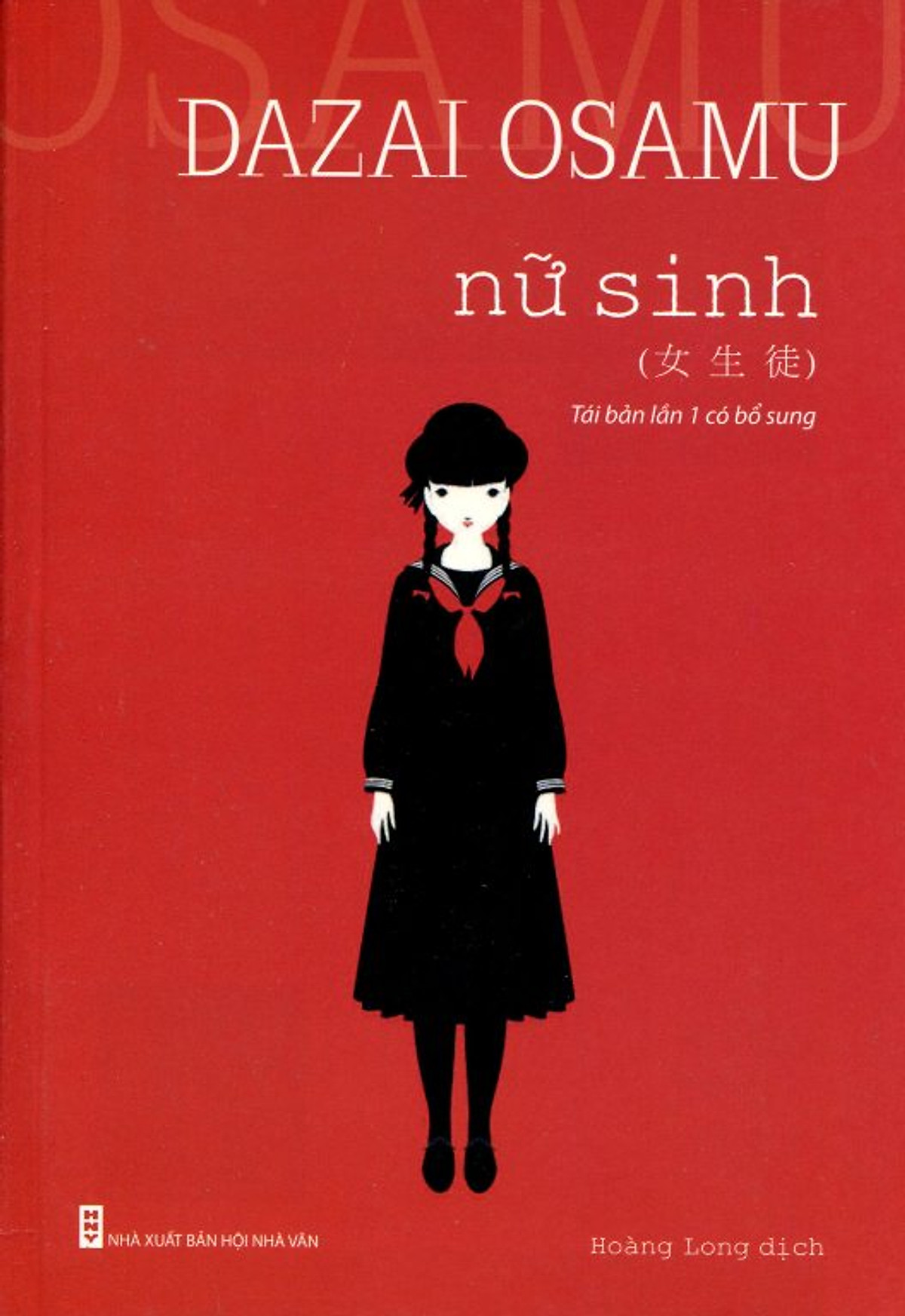What do you think?
Rate this book


177 pages, Paperback
First published July 20, 1939
‘There I go again—pondering the purposelessness of my day-to-day life, wishing I had more ambition , and lamenting all the contradictions in myself—when I know it’s just sentimental nonsense.’
’I go about saying how pained and tormented, how lonely and sad I feel, but what do I really mean by that? If I were to speak the truth, I would die.’

"I always want everyone to think I am a good girl."
"Tomorrow will probably be another day like today. Happiness will never come my way. I know that."